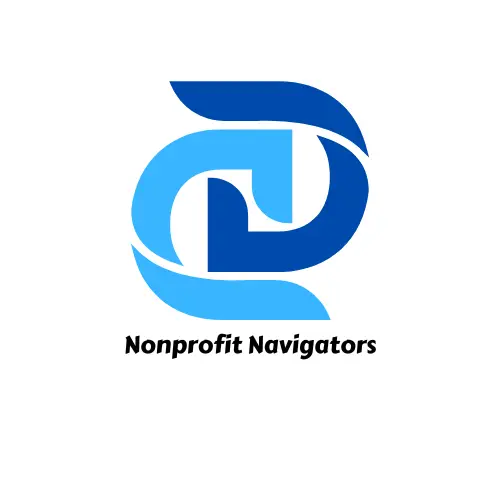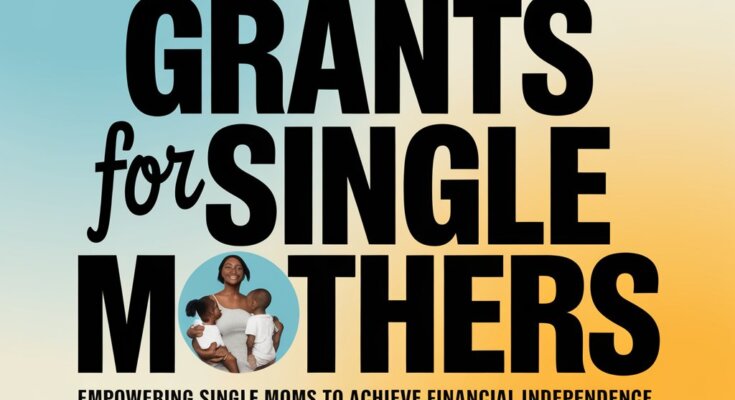Grants for single mothers provide a critical lifeline for navigating financial challenges and building a secure future. Being a single mother comes with unique challenges, especially when balancing the responsibilities of raising children and managing finances.
Fortunately, there are numerous grants and assistance programs specifically designed to help single mothers secure financial stability and achieve their goals.
Below, we provide an in-depth guide on grants for single mothers, covering key opportunities and resources to ensure you can access the support you need.
Understanding Grants for Single Mothers
Grants are financial awards provided by the government, private organizations, or nonprofit entities. Unlike loans, grants do not require repayment, making them an excellent resource for single mothers. These funds can assist with various needs, including housing, education, healthcare, childcare, and general living expenses.
Federal Grants for Single Mothers
The federal government offers several grant programs that single mothers can access. Below are some of the most significant options:
1. Temporary Assistance for Needy Families (TANF)
TANF is a federally funded program administered by individual states. It provides financial assistance and support services to low-income families, including single mothers. Benefits may include:
- Monthly cash assistance
- Job training and employment services
- Childcare subsidies
Eligibility varies by state but generally depends on income, family size, and employment status. Visit your state’s TANF office to learn more.
2. Supplemental Nutrition Assistance Program (SNAP)
SNAP, commonly known as food stamps, helps low-income families purchase groceries. Single mothers can use SNAP benefits to buy essential food items for their households. The program issues Electronic Benefit Transfer (EBT) cards for seamless transactions.
Eligibility is determined based on income and household size. Apply through your state’s SNAP office or online portal.
3. Women, Infants, and Children (WIC)
WIC provides nutritional support for low-income pregnant women, new mothers, and children under five. This program offers benefits such as:
- Nutritional education
- Food assistance
- Health referrals
To qualify, you must meet income guidelines and have a nutritional risk determined by a healthcare provider.
4. Federal Pell Grants
Pell Grants are an excellent resource for single mothers pursuing higher education. These grants can be used for tuition, books, and other educational expenses.
- Eligibility is based on financial need and enrollment in an accredited college or university.
- Applications are submitted through the Free Application for Federal Student Aid (FAFSA).
Housing Assistance Programs for Single Mothers
Housing stability is a primary concern for many single mothers. Thankfully, several programs can help:
1. Section 8 Housing Choice Voucher Program
Administered by the U.S. Department of Housing and Urban Development (HUD), this program helps low-income families afford safe and sanitary housing. Eligible participants receive vouchers that cover a portion of their rent.
2. Public Housing Programs
Public housing is another HUD initiative offering affordable housing to low-income individuals and families. Single mothers can apply for housing units managed by local housing authorities.
3. Emergency Solutions Grants (ESG)
ESG provides funding to help individuals and families regain housing stability. Single mothers facing homelessness can access services such as:
- Rapid rehousing
- Homelessness prevention
- Emergency shelters
Healthcare and Childcare Assistance
Healthcare and childcare are significant expenses for single mothers. The following programs can help ease these financial burdens:
1. Medicaid
Medicaid offers free or low-cost health insurance to eligible low-income individuals, including single mothers and their children. Benefits include:
- Doctor visits
- Hospital stays
- Prescription medications
Eligibility is based on income and household size.
2. Children’s Health Insurance Program (CHIP)
CHIP provides health coverage for children in families that earn too much to qualify for Medicaid but cannot afford private insurance.
3. Child Care and Development Fund (CCDF)
The CCDF helps low-income families access affordable childcare services while parents work or attend school. Assistance is provided through subsidies paid directly to childcare providers.
Education and Job Training Grants
Single mothers seeking to improve their skills or pursue a new career can benefit from these grants:
1. Federal Work-Study Program
This program provides part-time employment opportunities for low-income students. Earnings can be used to pay for educational expenses.
2. Workforce Innovation and Opportunity Act (WIOA)
WIOA funds job training and employment programs, helping single mothers gain the skills needed for high-demand careers. Services include:
- Career counseling
- Vocational training
- Job placement assistance
Private Grants and Nonprofit Assistance
In addition to government programs, many private organizations and nonprofits offer support to single mothers. Here are a few noteworthy options:
1. The Sunshine Lady Foundation
This foundation provides financial grants to single mothers facing financial hardships. Support is focused on education and emergency assistance.
2. The Patsy Takemoto Mink Foundation
This organization offers grants to low-income women, particularly single mothers, who are pursuing education or job training. Grants can cover tuition, books, and childcare.
3. The Women’s Independence Scholarship Program (WISP)
WISP supports survivors of domestic violence by offering scholarships to help them achieve financial independence through education.
How to Apply for Grants as a Single Mother
Applying for grants requires careful preparation and documentation. Follow these steps to improve your chances of approval:
- Identify Your Needs: Determine whether you need assistance with housing, education, childcare, or other expenses.
- Research Grants: Use online resources, such as FederalGrants.com, to find grants that match your needs.
- Check Eligibility: Review the eligibility criteria for each grant and ensure you meet the requirements.
- Prepare Documents: Gather necessary documents, such as proof of income, identification, and household information.
- Submit Applications: Follow the instructions for each grant program and submit your applications before deadlines.
- Follow Up: Monitor the status of your applications and provide additional information if requested.
Tips for Maximizing Grant Opportunities
- Apply to Multiple Programs: Increase your chances by applying to as many grants as you qualify for.
- Seek Local Resources: Many state and community programs offer additional assistance for single mothers.
- Utilize Support Networks: Join single-parent support groups to learn about new opportunities and share experiences.
- Stay Informed: Regularly check websites and newsletters for updates on available grants.
Conclusion
For more tips and updates on grants and resources for single mothers, subscribe to the Nonprofit Navigators newsletter today and stay informed about the latest opportunities to support your journey.
Grants for single mothers provide a critical lifeline for navigating financial challenges and building a secure future.



